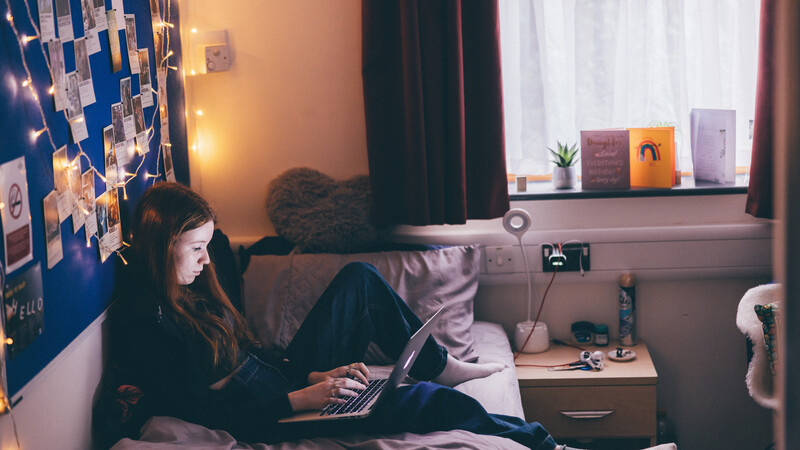Oxford Brookes expects all members of the University community to treat everyone - staff, students and visitors alike - with dignity and respect. If you have experienced or witnessed bullying, harassment, sexual misconduct, discrimination or victimisation, there is support available and you can report it to us with or without your contact details.
Further information can be found in our Anti-Harassment and Discrimination policy.




